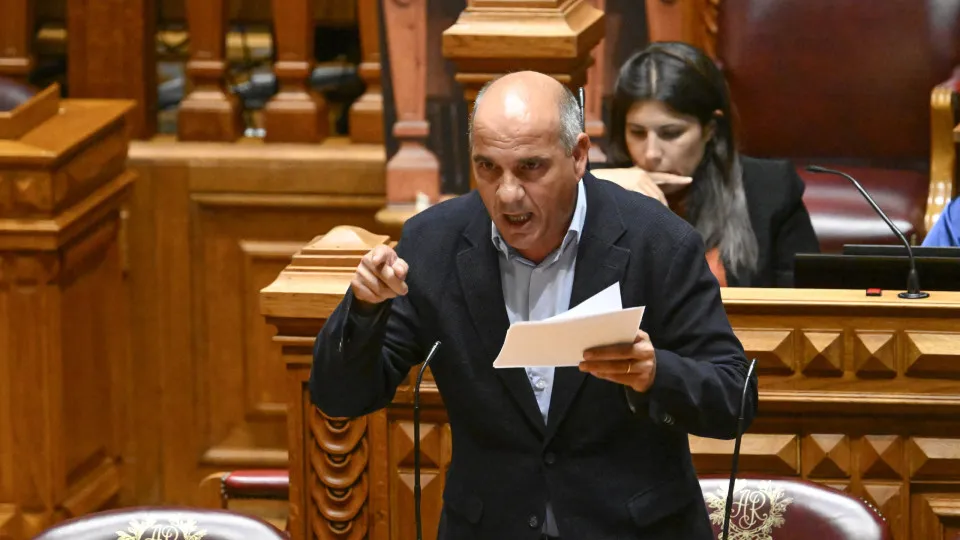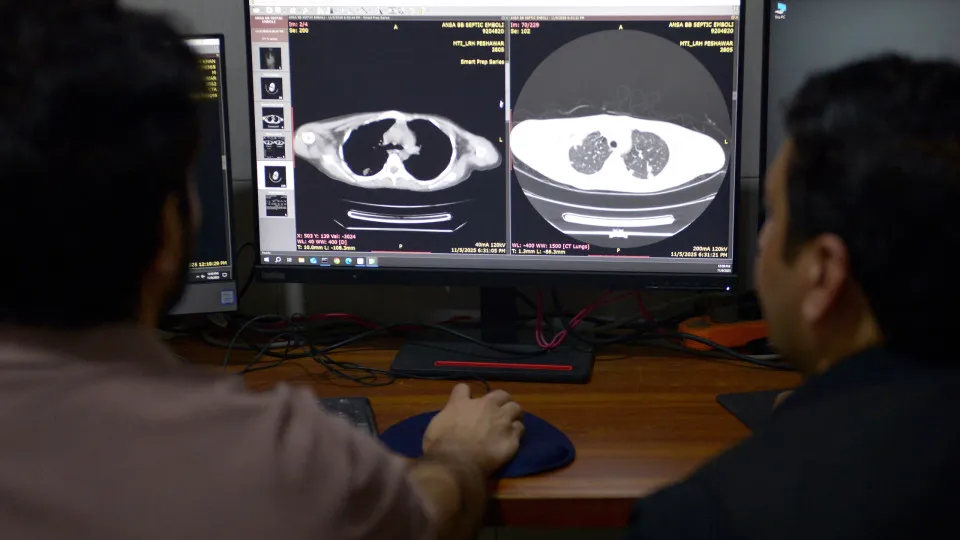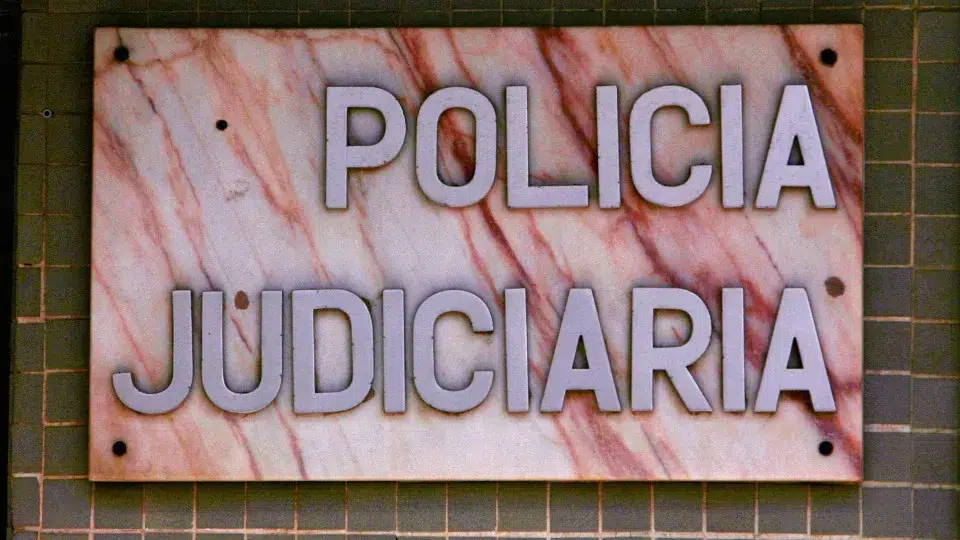
This will be the fourth government that President Marcelo Rebelo de Sousa will inaugurate, and the second led by the PSD, a party he previously chaired. None of the three previous administrations completed their terms.
In the Ambassadors’ Hall, the head of state will swear in the prime minister, followed by the 16 ministers, who will be called individually in hierarchical order to take their oaths and sign the official ceremony record.
Following the ceremonial proceedings, addresses will be made by President Marcelo Rebelo de Sousa and Prime Minister Luís Montenegro.
Composition of the XXV Government
The XXV Government maintains 13 ministers from the previous executive and will have three newcomers: two who were not part of the XXIV government—Gonçalo Matias, heading the new portfolio for State Reform as Deputy Minister, and Maria Lúcia Amaral, taking charge of Internal Administration—and Carlos Abreu Amorim, who is promoted from Secretary of State to Minister of Parliamentary Affairs.
From the previous administration, Pedro Duarte, formerly the Minister of Parliamentary Affairs, Pedro Reis, Minister of Economy, Margarida Blasco, Minister of Internal Administration, and Dalila Rodrigues, Minister of Culture will not continue.
Montenegro has made some structural changes, establishing a new State Reform Ministry, while eliminating the autonomous ministries for Economy and Culture. The Economy portfolio will now be associated with Territorial Cohesion, while the Culture portfolio will be combined with Youth and Sports.
Overall, the XXV Government will have one less ministry than the previous one, totaling 16, and it will include six female ministers, also one fewer than before.
The secretaries of state for the XXV Constitutional Government, who have not yet been named, will assume their roles on Friday at 12:00 p.m.
It should be noted that during his first inauguration speech on April 2 last year, Luís Montenegro issued a cautionary statement to the opposition, a sentiment he reiterated on multiple occasions.
“Not rejecting the Government’s program in the Parliament does not merely authorize the commencement of governmental operations. It implies permitting its implementation until the end of the term or, at the very least, until a vote of no confidence is passed,” he asserted.
At the same event, Marcelo Rebelo de Sousa vowed “solidary and cooperative support” for the PSD/CDS-PP administration.
However, he highlighted that the coalition victory between the PSD and CDS-PP, which won by approximately 50,000 votes over the PS, was “arguably the narrowest in parliamentary elections,” noting that the government lacks “majority support in the Assembly of the Republic,” thus necessitating “a more thorough and demanding dialogue.”
The first Government of Luís Montenegro fell in less than a year, on March 11, following the rejection of a motion of confidence submitted to Parliament amid a political crisis stemming from a family business of the prime minister, Spinumviva, which has since been transferred to his children.
In the early elections on May 18, the AD coalition (PSD/CDS-PP) won again without an absolute majority, electing 91 deputies out of 230, an increase of 11 from the previous year, with 89 from the PSD and two from the CDS-PP.
Chega became the second largest parliamentary force with 60 deputies, followed by the PS with 58, IL with nine, Livre with six, the PCP with three, and BE, PAN, and JPP with one each.




